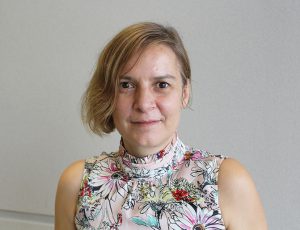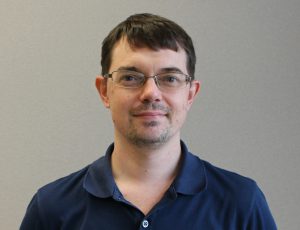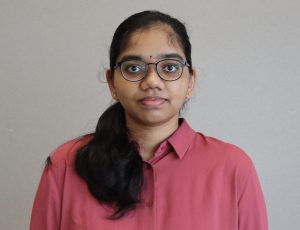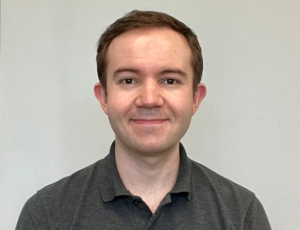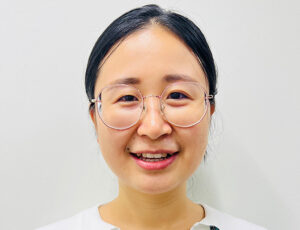
Ashok VENKITARAMAN
My laboratory aspires to understand the mechanisms underlying human cancer susceptibility, in order to find innovative ways to intercept cancer early in its evolution. Genome instability, a hallmark and driver of cancer evolution, arises early in carcinogenesis, through the failure of mechanisms that normally safeguard genome integrity. We study these mechanisms to understand how their malfunction leads to cancer, and have devised powerful new technologies to translate this knowledge to clinical application for early cancer detection and treatment. One major interest is in the ‘breast cancer gene’ BRCA2, whose vital role as a genome guardian we were amongst the first to discover.
csidir[at]nus.edu.sg
Director, Cancer Science Institute of Singapore
Distinguished Professor of Medicine, Yong Loo Lin School of Medicine, NUS
Director, NUS Centre for Cancer Research
Our research addresses two major questions. Our uniquely multi-disciplinary research bridges from bench to bedside, subtending a wide range of techniques from molecular cell biology to single-cell/single-molecule imaging to structural biology, biophysics and chemistry.
What makes some people more susceptible to cancer than others?
People who inherit mutations affecting the ‘breast cancer gene’ BRCA2 become highly susceptible to breast, ovarian, pancreatic, prostatic and other cancers. We were amongst the first to discover that BRCA2 suppresses cancer by guarding genome integrity. We have since elucidated essential roles of BRCA2 in genome maintenance through functions in DNA repair by homologous recombination, in stabilizing stalled DNA replication forks, and in accurate chromosome segregation during mitosis. Our ongoing studies aim to identify structural and biophysical mechanisms that underlie the functions of BRCA2 in these fundamental biological processes, and to better understand how these functions are perturbed by cancer-causing mutations in BRCA2 and associated factors.
How spontaneous genome instability and carcinogenesis arise in specific tissues after BRCA2 inactivation remains enigmatic. Our ongoing studies aim to pursue interesting new clues suggesting that tissue-specific transcriptional or metabolic mechanisms collude with BRCA2 inactivation to trigger genome instability, in order to better stratify risks of cancer predisposition and progression associated with different cancer-causing mutations.
How can we delay or prevent cancer evolution in different tissues?
The prospect of intercepting cancer evolution to delay or prevent disease rests critically on our ability to develop ‘next-generation’ therapeutic strategies. Our lab has devised powerful new technology platforms to identify and validate therapeutic targets in complex pathways, to modulate enzyme activity outwith the catalytic site via regulatory protein-protein interactions (allo-targeting), and to interrogate cellular signaling pathways using new tools in light microscopy. These technology innovations have led to serial Cambridge University spin-out companies, and close interactions with industry and venture capital.
Our ongoing studies deploy our new technologies to develop strategies that delay or prevent the evolution of cancers in high-risk individuals. This work is carried out in close collaboration with Ashok’s laboratory at A*STAR, which, in addition, develops new approaches for cancer therapy and diagnosis.
Cancer susceptibility and the functions of BRCA2
Chemical biology & systems microscopy



